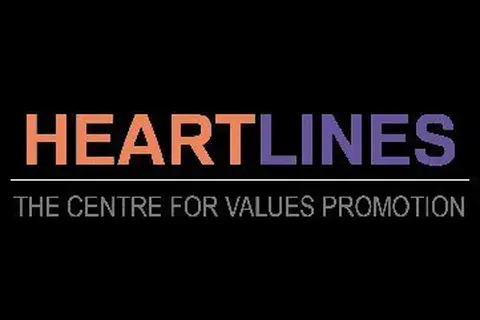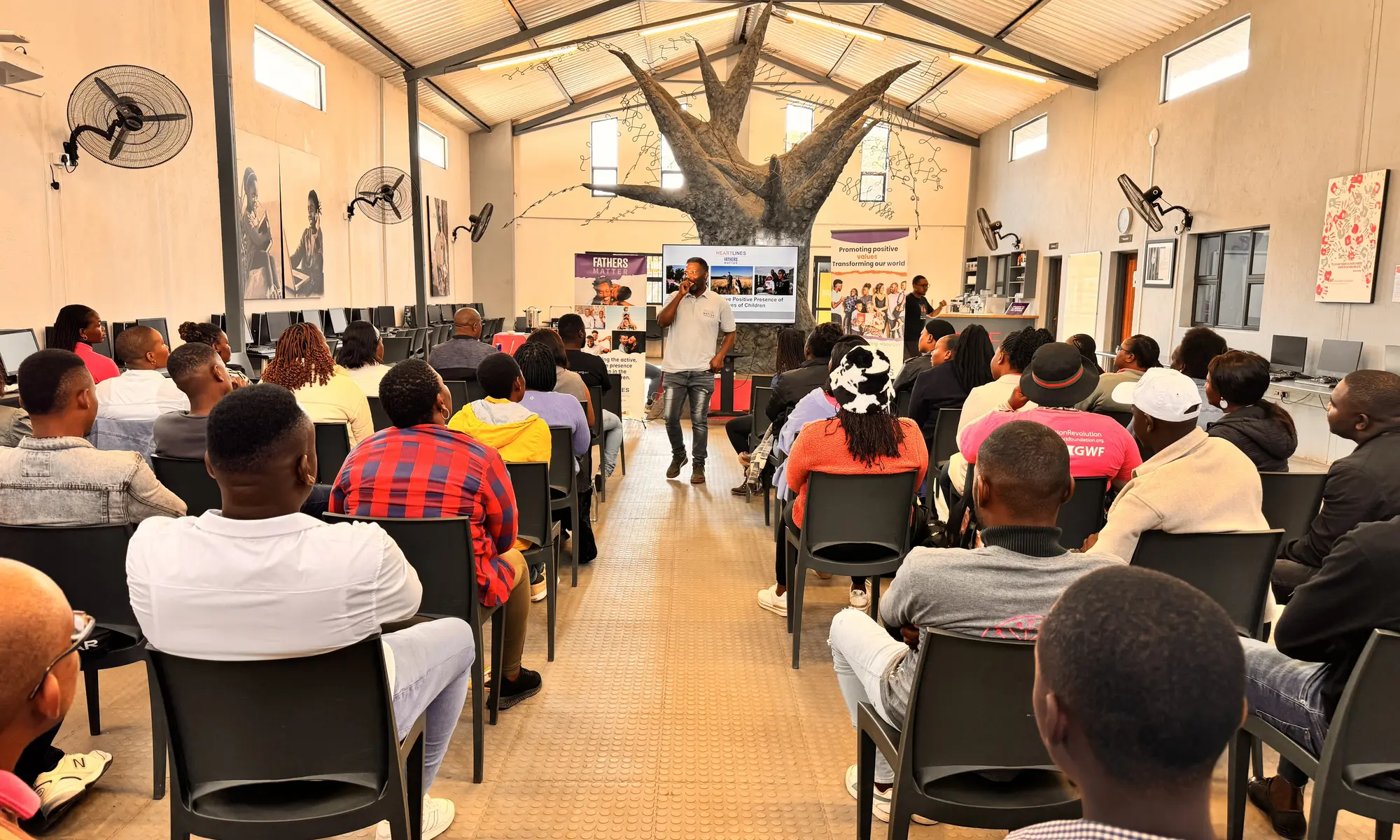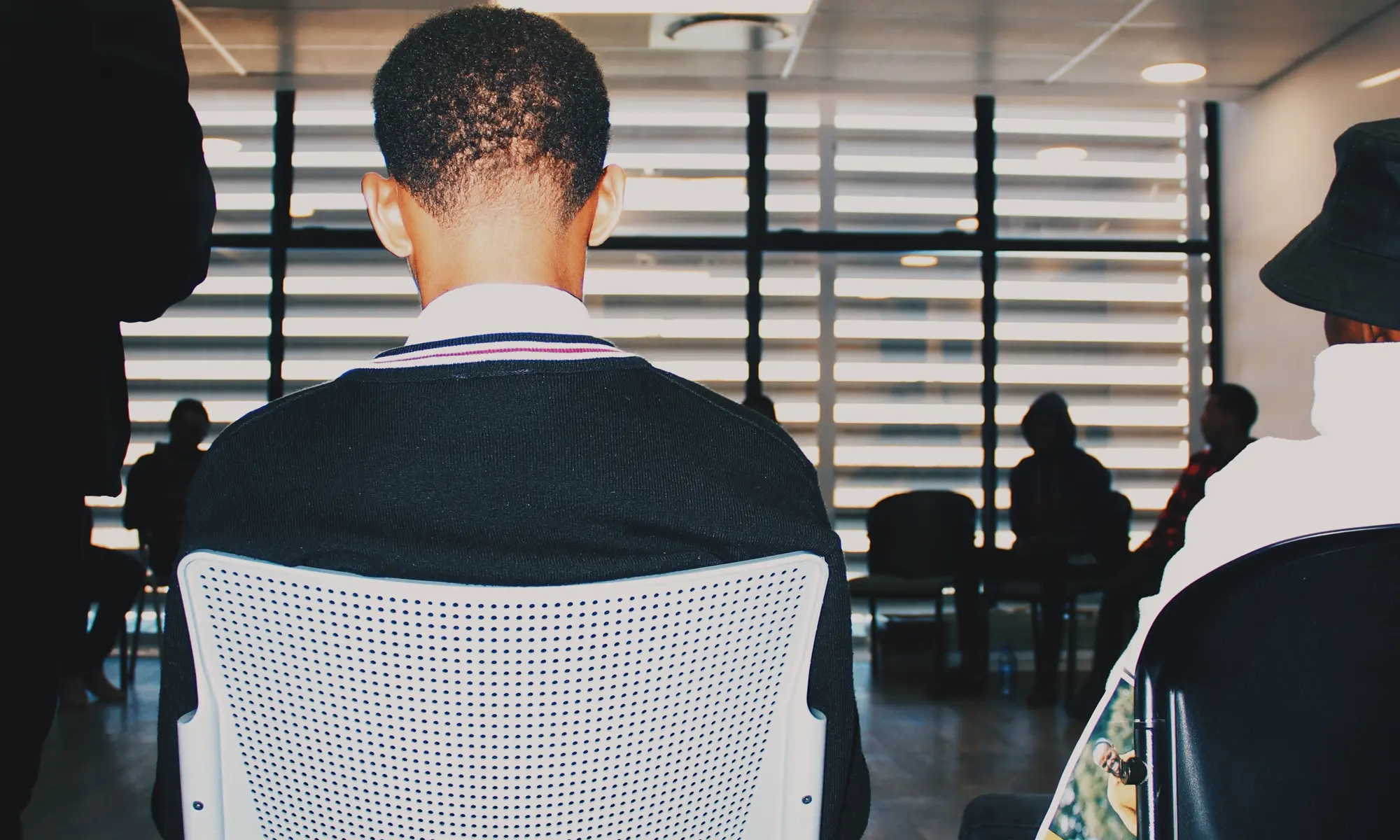How to have a safe, healthy relationship with a social father
Fathers Matter , Social FathersSocial fathers are men who are positive, present and active male role models for young people who are not their biological children.
In a country where more than 70% of children grow up in homes without their biological father around, male role models play a hugely influential role in South Africa; but their value is not always recognised.
Heartlines Fathers Matter Church Lead Nkosinathi Sixabayi’s life was changed for the better by the men who were social fathers to him, and as an adult he is now intentional about being a positive, safe role model for other children too.
“I was raised by a phenomenal single mother, who did all she could to raise this man that I’ve become. However, she would not have been able to do so without the support of social father figures in my life.
In the absence of my biological father who was not that active in my life, it was my grandfather, uncles and many men from church who took interest in my growth and development as a child... They pushed me towards success and celebrated my achievements,” he says.
Social fathers can indeed make a difference in children’s lives in our country. However, we also need to be vigilant...
Prioritising safety
However, Nkosinathi cautions that it’s also important for us to safeguard our children so that the men who are involved in their lives are indeed a positive influence and don’t cause them harm. Even seemingly well-known or charismatic leaders can have ill intentions.
“As much as I admired such [charismatic] leaders, I also was aware of the vulnerability and dangers by hearing from other people's stories about their encounters with them.”
Some tips for young people or mothers who want their children to benefit from social fathers but to stay safe too are:
- Have realistic expectations of your social-father relationship and set clear boundaries.
- Just because someone spends time with you, or contributes financially in your life, does not mean they can demand things from you.
- Trust your instincts and speak up if you feel uncomfortable or unsafe.
- Make sure there are several other adults who know about your mentoring process.
- As far as possible, make sure you meet in public spaces and not behind closed doors alone with your social father/mentor.
- If you meet indoors always make sure there’s another trusted person nearby, or who comes along with you.
- Tell someone you trust if you’re uncomfortable with anything in the social father process.
- Set clear boundaries - your mentor or father figure should never ask you to do or share something that makes you feel uncomfortable.
- Learn more about healthy relationships and consent so you can see any red flags in your relationship with your mentor/social father.
- Get help from trusted adults, such as teachers, counsellors, or authorities, if you need it.
Nkosinathi says that the men who were genuinely invested in his life affirmed him, provided guidance and helped him to become the best person he could be. Practically, this involved helping him to get his driver’s license and looking for opportunities to do courses where he could be upskilled.
“Social fathers can indeed make a difference in children’s lives in our country. However, we also need to be vigilant… Our children remain extremely vulnerable to perpetrators who at many times are close to and trusted by their victims. But this doesn’t stop us from celebrating those who play a positive role in the lives of children,” he says.
Remember, prioritising safety and well-being is essential. If you or a young person you know is experiencing harm or abuse, please reach out to local support services or call helplines like Childline (08000 55 555) in South Africa.
Featured






